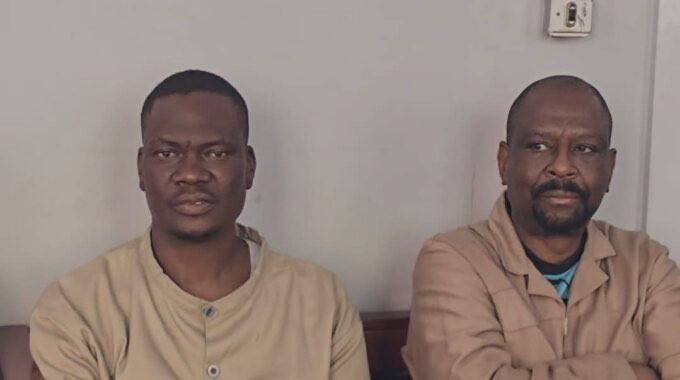
You can expand the curious organisation called the Brics, but you can’t define it. In fact, it’s hardly even an organisation: no headquarters, no secretariat. Even the (British) Commonwealth and la Francophonie have more substance: at least they share a former oppressor. Yet the Brics are expanding.
They will now be known as the ICARUSEEBIS. Or maybe SEE US BIRICS — they haven’t decided yet. But the fact that they couldn’t come up with anything more than a set of initials in the first place — Brazil, Russia, India, China and South Africa equals Brics — suggests strongly that they never had a shared identity or purpose.
Why Brics rather than CRIBS or SCRIB? Because that was the choice of the British economist Jim O’Neill, then chairperson of Goldman Sachs Asset Management, when he came up with the idea in 2001. And he wasn’t creating +an international organisation; he was just pointing out an investment opportunity.
If you have always suspected that the world works a lot more randomly than the pundits pretend, here is the evidence you were looking for. O’Neill just picked out four “developing” countries of continental scale with fast-growing economies — China, India, Russia and Brazil — and said they were a good place to put your money if you were feeling adventurous.
In the famous paper he wrote, he called them Brics — lowercase ‘s’ — and moved on to a series of other interesting jobs on the strength of that idea. But the idea had legs, and it caught the attention of various underemployed diplomats in the countries in question. By 10 years after O’Neill’s paper, they were holding occasional meetings and conferences together.
However, there was a problem: they were all writing it as Brics, but they didn’t know who the ‘S’ stood for. My hypothesis is that at this point, a clever South African diplomat or banker popped up and said “It’s us”, but I can’t prove it. At any rate, then there were five.
South Africa is way out of its league, with only a quarter of the population of the smallest of the rest, Brazil, so its membership in the Brics enhances its visibility at virtually no cost to itself. It’s much harder to see what the others get out of it, other than free annual trips to points of interest in the other Brics for “summits” that are just talk-fests.
And by the way, O’Neill’s advice was not flawless. China’s economy grew fast for 15 years after his paper came out, and India’s is still growing fast, but Brazil hasn’t done very well and Russia is basically just a filling station with nuclear weapons. As for South Africa — well, it wasn’t in O’Neill’s original group, so he can’t be held responsible for that.
- Sunday word: Cults of speaking in tongues
- Apple Music spotlights Zim music
- Sunday word: Swearing in vain by God’s name
- Divine insight: Gifting over character
Keep Reading
Yet the Brics trundle on, although they still lack a common purpose or joint enterprise that would give them meaning. The search is getting more difficult, if anything, because the six new members that it will welcome next January are even more disparate: Argentina, Egypt, Ethiopia, Iran, Saudi Arabia and the United Arab Emirates (UAE).
Argentina and Egypt are economic basket cases. Saudi Arabia and the UAE are very rich countries that live on oil. Iran is an increasingly fragile theocracy with a heavily sanctioned and decaying economy.
Ethiopia is the sole democracy among the newbies and it fits the original model of a poor but fast-growing economy — but it stumbles from one civil war to the next. What is the logic here? Is there a single economy in the world more spectacularly mismanaged than Argentina’s?
But look on the bright side.
“Idle hands are the Devil’s workshop”, as my grandmother used to say with annoying regularity, and this annual meeting/“summit”/shindig keeps a lot of otherwise idle diplomatic/official/political hands busy and out of trouble. Do not despise them. Indulge them. It gives their lives meaning, and keeps them from risking ours.
In fact, I have just thought of another thing that can engage the attention of loads of the underemployed diplomatic classes and keep them out of trouble. The new 11-member entity needs a new name, and it must not be regional, ideological, religious, ethnic, or historical because the members have none of those things in common.
It will have to be the same bundle of initials as before, only much longer this time. Buy a hundred Scrabble sets, send them to all the senior players, and encourage them to arrange the relevant 11 letters in various pleasing combinations. Many hours of innocent fun and the winning submission gets a two-week holiday in the capital of their choice.
“Why are you writing this twaddle?” I hear somebody cry. Because it’s August, dear reader, and all the evil dictators in the Northern Hemisphere are sunning themselves at the beach. There is nothing else to write about.
- Dyer is a London-based independent journalist. His new book is titled The Shortest History of War.











